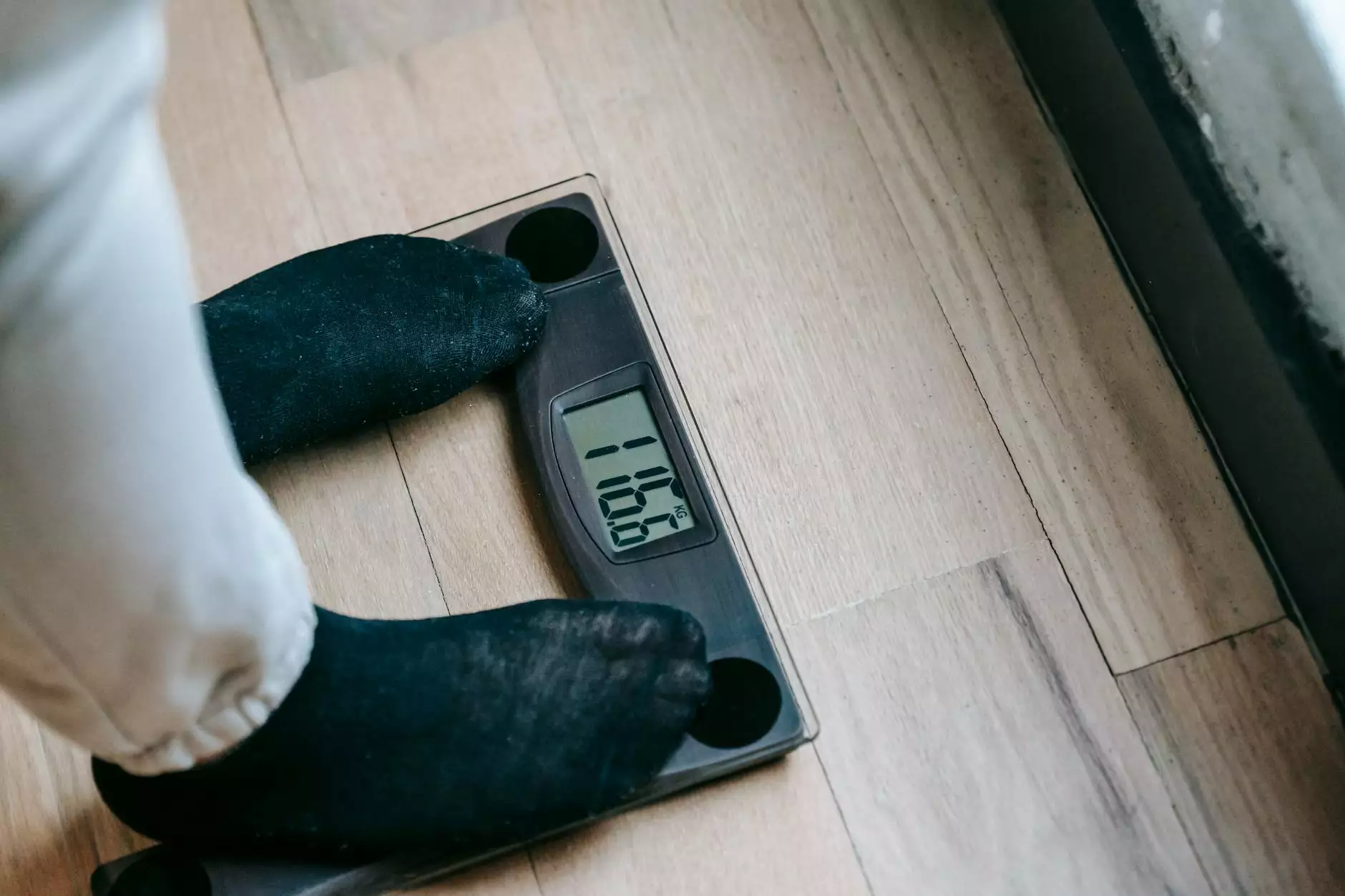The Importance of a Lung Doctor for Your Health

Maintaining good health is a priority for everyone, and it begins with taking care of our lungs. The role of a lung doctor—also known as a pulmonologist—cannot be understated. These specialists focus on diagnosing and treating respiratory conditions, ensuring that we can breathe easily and live healthy lives. In this article, we will explore the world of lung health, the importance of consulting with a lung doctor, and how they can help manage various illnesses related to the respiratory system.
Understanding Lung Health
Lung health is crucial for overall well-being. Our lungs are responsible for supplying the body with oxygen while removing carbon dioxide. Here are some key points about lung health:
- Oxygen Exchange: Lungs facilitate the exchange of gases necessary for survival.
- Protection Against Infection: Healthy lungs play a significant role in keeping infections at bay.
- Physical Activity: Well-functioning respiratory systems are vital for engaging in daily activities and exercise.
Understanding how to maintain lung health is essential, and this is where the expertise of a lung doctor comes into play.
Common Conditions Treated by Lung Doctors
Lung doctors diagnose and treat a wide range of respiratory conditions. Here are some of the most common issues they address:
- Asthma: A chronic condition characterized by inflammation and narrowing of the airways, making breathing difficult.
- Chronic Obstructive Pulmonary Disease (COPD): A group of diseases, including emphysema and chronic bronchitis, that block airflow and cause breathing difficulties.
- Interstitial Lung Disease: A broad category of lung diseases affecting the interstitium (the tissue and space around the air sacs of the lungs).
- Lung Cancer: Abnormal cell growth in the lungs, which may lead to severe health complications.
- Pneumonia: An infection that inflames the air sacs in one or both lungs, which may fill with fluid or pus.
If you experience symptoms such as persistent cough, chest pain, shortness of breath, or wheezing, consulting a lung doctor is essential.
The Role of a Lung Doctor in Diagnosis
One of the primary responsibilities of a lung doctor is to accurately diagnose respiratory conditions. Here are several methods they may employ during diagnosis:
1. Medical History Review
A thorough medical history is crucial for any diagnosis. The lung doctor will ask you about:
- Your symptoms and how long you have been experiencing them.
- Your personal and family medical history.
- Exposure to allergens, toxins, or environmental pollutants.
2. Physical Examination
The doctor will perform a physical examination, usually focusing on:
- Listening to your lungs with a stethoscope.
- Checking for signs of respiratory distress.
- Assessing your overall health and vitals.
3. Diagnostic Tests
To confirm a diagnosis, lung doctors may recommend various tests, including:
- Chest X-rays: Used to visualize the lungs and detect abnormalities or infections.
- CT Scans: Provide detailed images of the lungs to assess for potential issues.
- Pulmonary Function Tests: Measure how well the lungs work and how effectively they exchange gases.
- Bronchoscopy: A procedure that allows the doctor to inspect the airways directly using a thin tube with a camera.
- Sputum Tests: Analyzing mucus coughed up from the lungs can help identify infections.
Treatment Options Provided by Lung Doctors
Once a diagnosis is made, lung doctors devise treatment plans tailored to individual needs. Treatment options may vary based on the condition and may include:
1. Medication
Lung doctors often prescribe medications such as:
- Bronchodilators: Help open up the airways for easier breathing.
- Anti-inflammatory Drugs: Reduce swelling in the airways, particularly for asthma and COPD patients.
- Antibiotics: Used for treating bacterial infections like pneumonia.
2. Oxygen Therapy
For patients with severe respiratory issues, oxygen therapy may be necessary to ensure adequate oxygen levels in the blood.
3. Pulmonary Rehabilitation
Pulmonary rehabilitation is a program designed to improve the well-being of individuals with chronic respiratory diseases. It often includes:
- Educational sessions about lung health.
- Exercise training to strengthen respiratory muscles.
- Nutritional counseling to promote overall health.
4. Surgical Interventions
In cases of lung cancer or other severe conditions, surgical options may be necessary, including lobectomy (removal of a lung lobe) or even a lung transplant.
Preventive Measures for Lung Health
Prevention is always better than treatment. Here are several preventive measures to maintain lung health:
- Avoid Smoking: Smoking is the leading cause of lung diseases. Quitting can significantly improve your lung health.
- Avoid Pollution: Minimize exposure to indoor and outdoor pollutants by staying indoors during high pollution days.
- Practice Good Hygiene: Wash hands regularly and avoid close contact with those who are sick to prevent respiratory infections.
- Vaccinations: Get vaccinated against flu and pneumonia to protect yourself from respiratory viruses and bacteria.
- Regular Check-ups: Regular visits to a lung doctor can help identify potential issues early on.
The Importance of Regular Consultation with a Lung Doctor
Regular consultation with a lung doctor is vital for anyone with a history of respiratory issues or risk factors such as smoking or environmental exposures. Here’s why:
- Early Detection: Regular screenings can identify problems before they become severe.
- Management of Chronic Conditions: For ongoing issues like asthma or COPD, consistent monitoring can help manage symptoms effectively.
- Up-to-date Treatment Plans: As new treatments become available, your lung doctor can adjust your care accordingly.
Finding the Right Lung Doctor
Choosing the right lung doctor is essential for receiving the best care possible. Consider the following tips:
- Check credentials and board certifications.
- Read reviews and patient testimonials.
- Consider their experience in treating specific lung conditions.
- Assess their communication style and willingness to answer questions.
Final Thoughts on Lung Health
Your lung health is a critical component of your overall well-being. Consulting a knowledgeable lung doctor regularly will empower you to make informed decisions about your health. From diagnosis to treatment, a lung doctor can guide you on the path to a healthier respiratory system, equipping you with the tools necessary to enjoy a fulfilling, active life.
By prioritizing your lung health and seeking the support of experienced professionals, you set the stage for a brighter, healthier future. Remember, taking care of your lungs is not just about treating illness; it’s about fostering a life full of vitality and strength.









